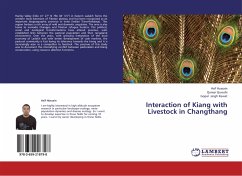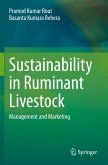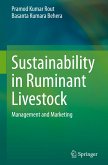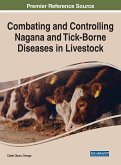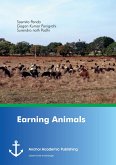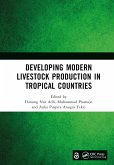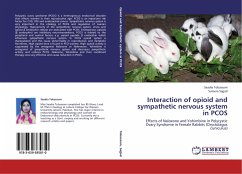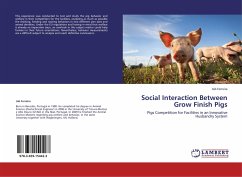Hanley Valley ((32o 41 27 N 79o 04 3.5 ) in Eastern Ladakh forms the western most extension of Tibetan plateau and has been recognized as an important biogeographic province in India (Indian Trans-Himalaya). This region harbors a rich array of wild and domestic ungulates. The area is also home to nomadic Changpa and Tibetan refugee herders. The political, social and ecological transformations have altered previous, well-established links between the pastoral population and their rangeland environment. Over the years, with growing integration of the local economy of Ladakh and with better development of cash markets, the pastoral community is fast losing its tolerance towards the kiang and it is increasingly seen as a competitor to livestock. The purpose of this study was to document this intensifying conflict between pastoralism and Kiang conservation, using resource selection functions.
Bitte wählen Sie Ihr Anliegen aus.
Rechnungen
Retourenschein anfordern
Bestellstatus
Storno

